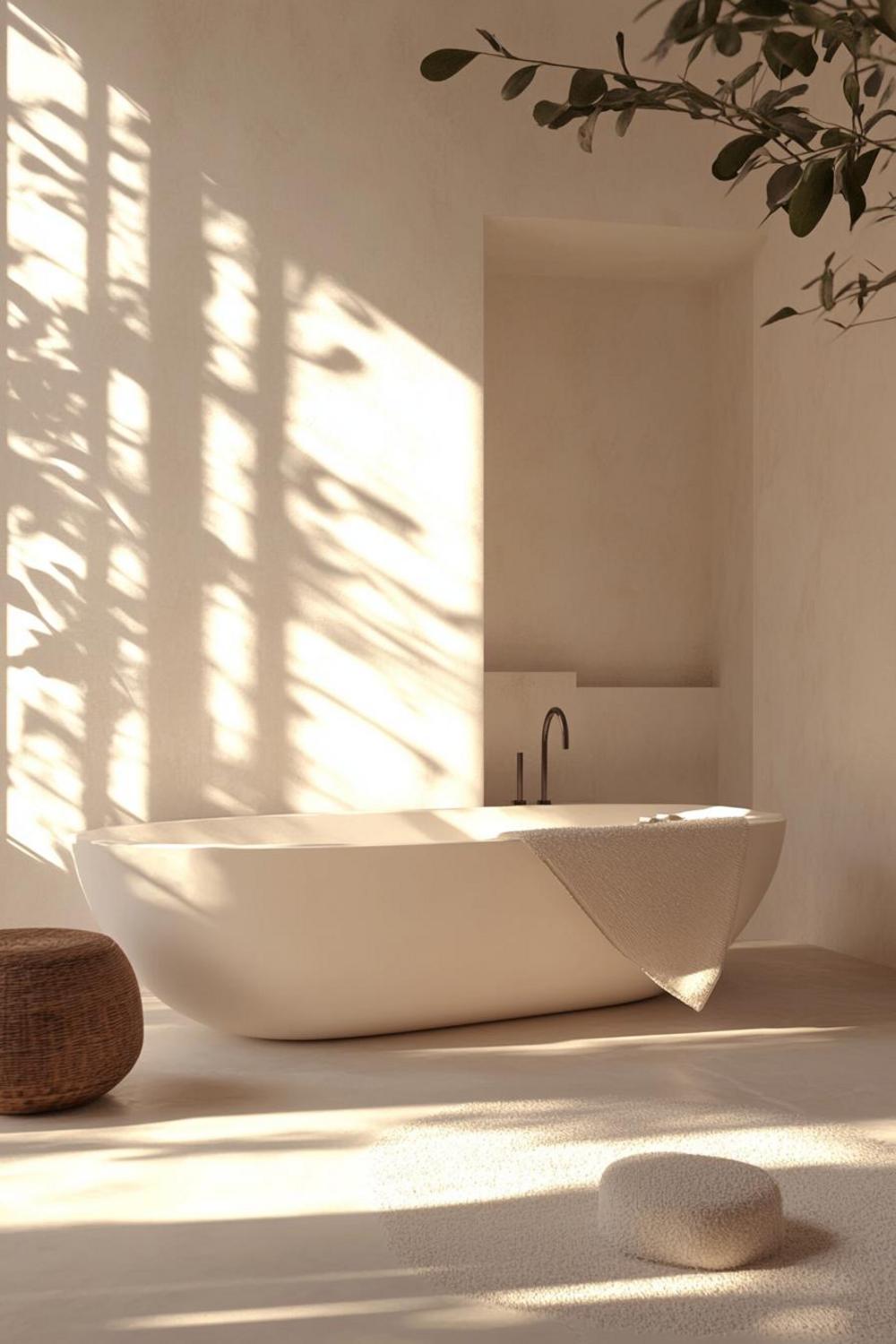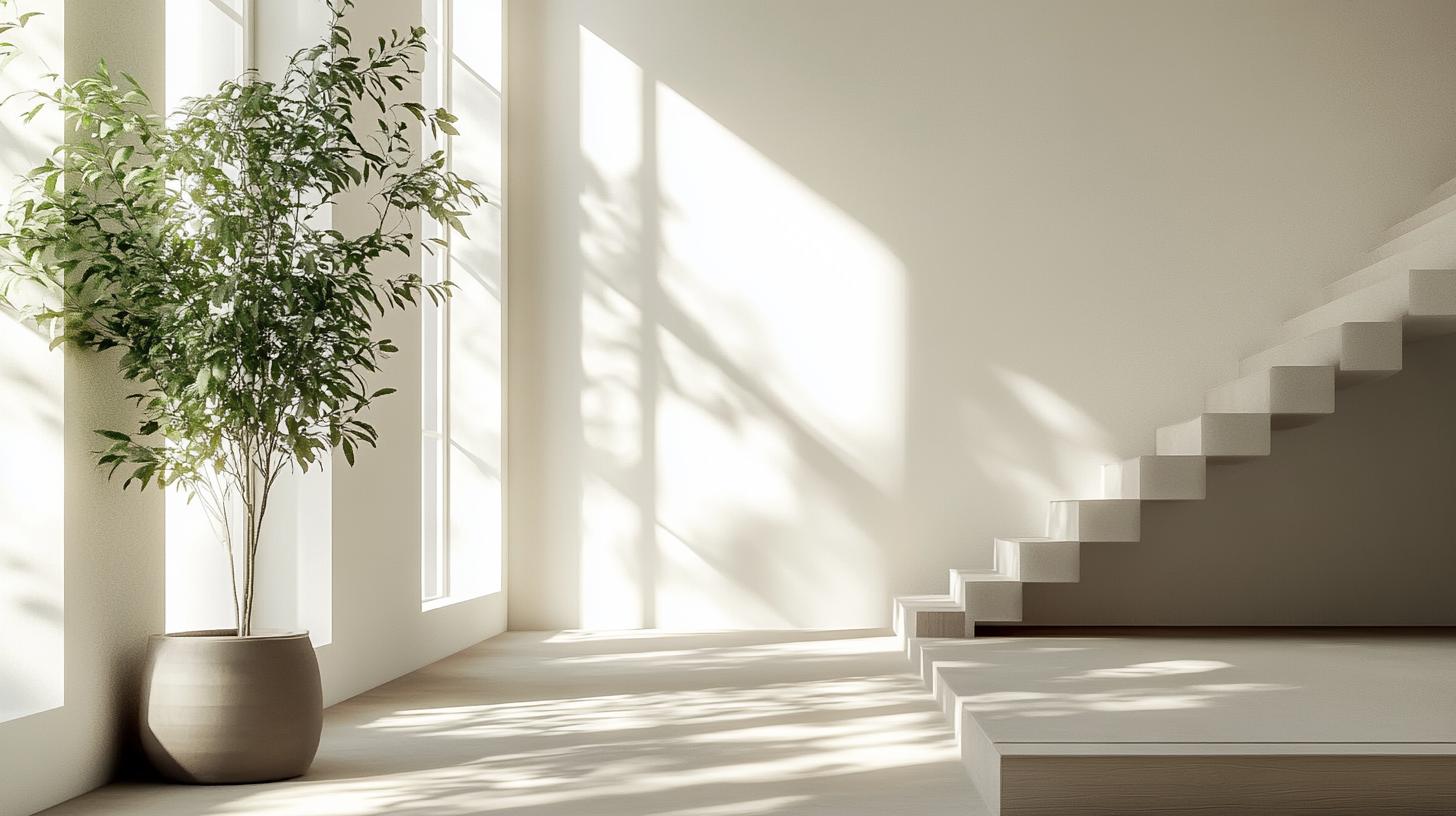Mindful Spaces: Transform Your Home into a Wellness Sanctuary
Welcome to the world of mindful spaces – where design meets wellness, and your home becomes a sanctuary of calm and intention! In our fast-paced, hyper-connected world, creating environments that support mental and emotional well-being isn’t just a luxury; it’s a necessity. Did you know that the average person spends approximately 90% of their time indoors? This staggering statistic underscores the profound impact our living spaces have on our overall health and happiness.

Understanding Mindful Space Design
Mindful spaces go beyond aesthetic appeal – they’re carefully curated environments that consider how physical surroundings influence our psychological state. By integrating principles of environmental psychology, we can transform ordinary rooms into holistic wellness zones that support mental clarity, reduce stress, and promote emotional balance.
Key Elements of Mindful Design
- Natural Light Integration: Maximize sunlight exposure to regulate circadian rhythms
- Intentional Color Psychology: Select hues that evoke calmness and positive emotions
- Sensory Harmony: Balance acoustic, visual, and tactile experiences
Our homes are more than physical structures – they’re living ecosystems that breathe with our daily experiences. When we approach design with mindfulness, we create spaces that not only look beautiful but feel deeply nurturing.

Practical Strategies for Creating Mindful Spaces
Implementing mindful design doesn’t require a complete home renovation. Small, intentional changes can dramatically transform your living environment. Let’s explore actionable strategies that support mental wellness and family connection.
Creating Dedicated Wellness Zones
Every home needs a dedicated space for restoration and reflection. This doesn’t mean a massive meditation room – even a small corner can become a powerful sanctuary. Consider creating a mindful space with these elements:
- Comfortable seating with ergonomic support
- Soft, adjustable lighting
- Natural elements like plants or small water features
- Noise-reducing textiles and acoustic treatments
Pro Tips for Family-Friendly Mindful Design
Family dynamics add complexity to design considerations. Here are expert recommendations for creating spaces that support collective and individual wellness:
- Establish flexible, multi-functional areas
- Incorporate personal customization options
- Use calming color palettes that appeal to all family members
- Integrate technology mindfully with designated digital detox zones
Technology and Mindful Spaces
In 2025, smart home technology offers unprecedented opportunities to support mindful living. From circadian lighting systems to air quality monitors, technology can be a powerful ally in creating holistic wellness environments.
Remember, mindful spaces are not about perfection but intention. Every small adjustment brings you closer to a home that genuinely supports your family’s physical, emotional, and mental well-being.
By embracing these principles, you’re not just designing a space – you’re cultivating a lifestyle of awareness, connection, and tranquility.




